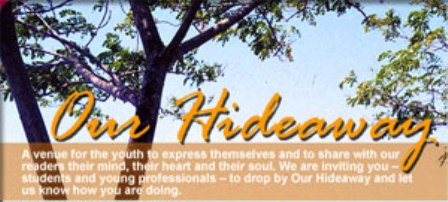September-October 2018
From the Editor
Moving On with Gratitude and Hope
By Arlenne Villahermosa
Time flies. September is here. We are reminded by the Catholic church to care for the gift that has been given to us – earth, our common home – by declaring this month as the Season of Creation . . .
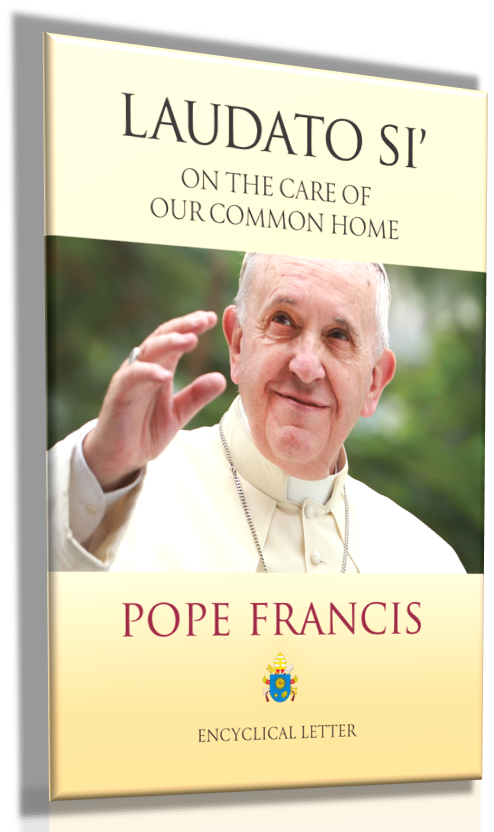
Laudato Si’: On the Care of Our Common Home, Encyclical by Pope Francis, 2015

The Creation Mandala (A Poem)
By Fr. Vincent Busch
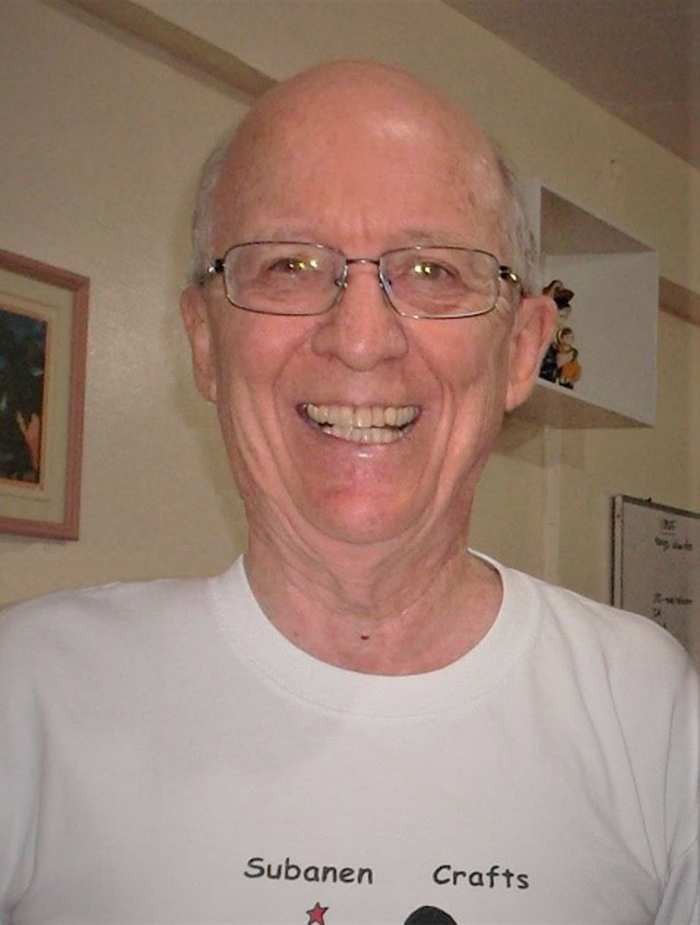
Fr. Vinnie is a Columban priest from the USA who has been serving in Mindanao, Philippines since his arrival in 1975. His great interest in Creation Spirituality brought him to appreciation of life and the cosmos expressed in different forms of art including poetry. He initiated a handicraft project with the Subanens in Zamboanga del Sur in 2001. To see the crafts and cards of the Subanens visit their website, www.subanencrafts.com.
The Birth of the Universe
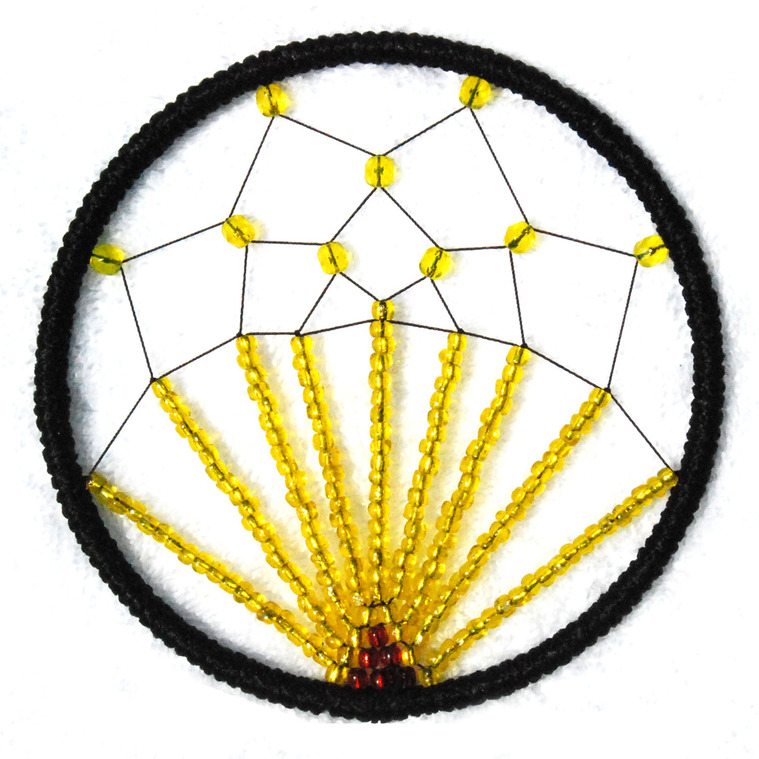 In the beginning the Spirit said:
In the beginning the Spirit said:
"From my fire and its warmth
Let all creation come flaring forth.
Let matter and energy converse
To weave the tale of the universe,
And through the course of time and space
I'll cherish all in my embrace."

A Pilgrimage for Fr. Vernon’s 75th Death Anniversary
By Mary Joy Rile
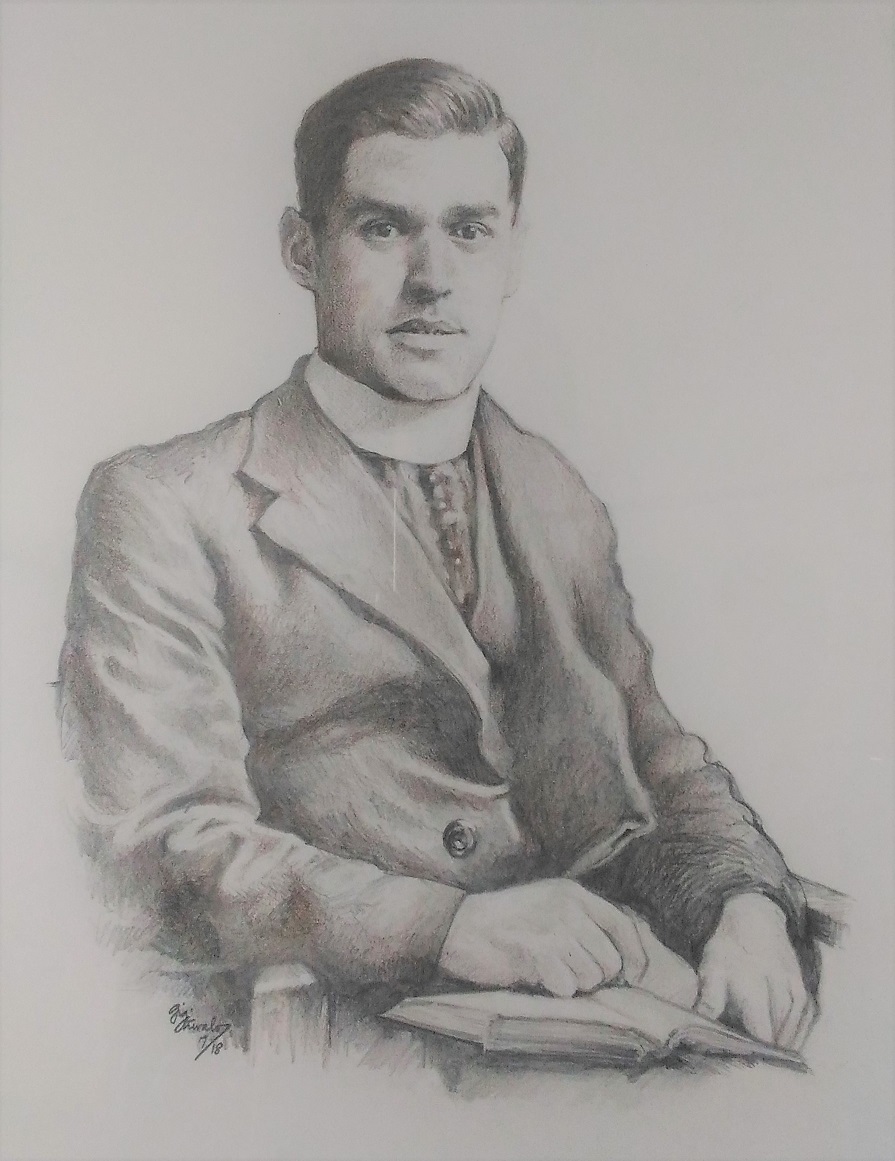
Fr. Vernon Douglas, a sketch by Gigi Arevalo, Malate, Manila, July 2018
The Columban priests, sisters, lay missionaries, seminarians and co-workers, with Basic Ecclesial Communities (BEC) members and staff of Malate Church went on a pilgrimage commemorating the 75th death anniversary of Fr. Francis Vernon Douglas on July 27, 2018. The group passed by the church in Morong, Rizal where Fr. Vernon was assigned for a few weeks in 1938 while learning the Tagalog language . . .

A Voice for Justice
By Michael Javier
The author is a Columban lay missionary (CLM) from Jubgan, San Francisco, Surigao del Norte. He belongs to PH22, the first group of CLMs from the Philippines assigned in Chile in 2015 and has recently returned after a three-year contract.
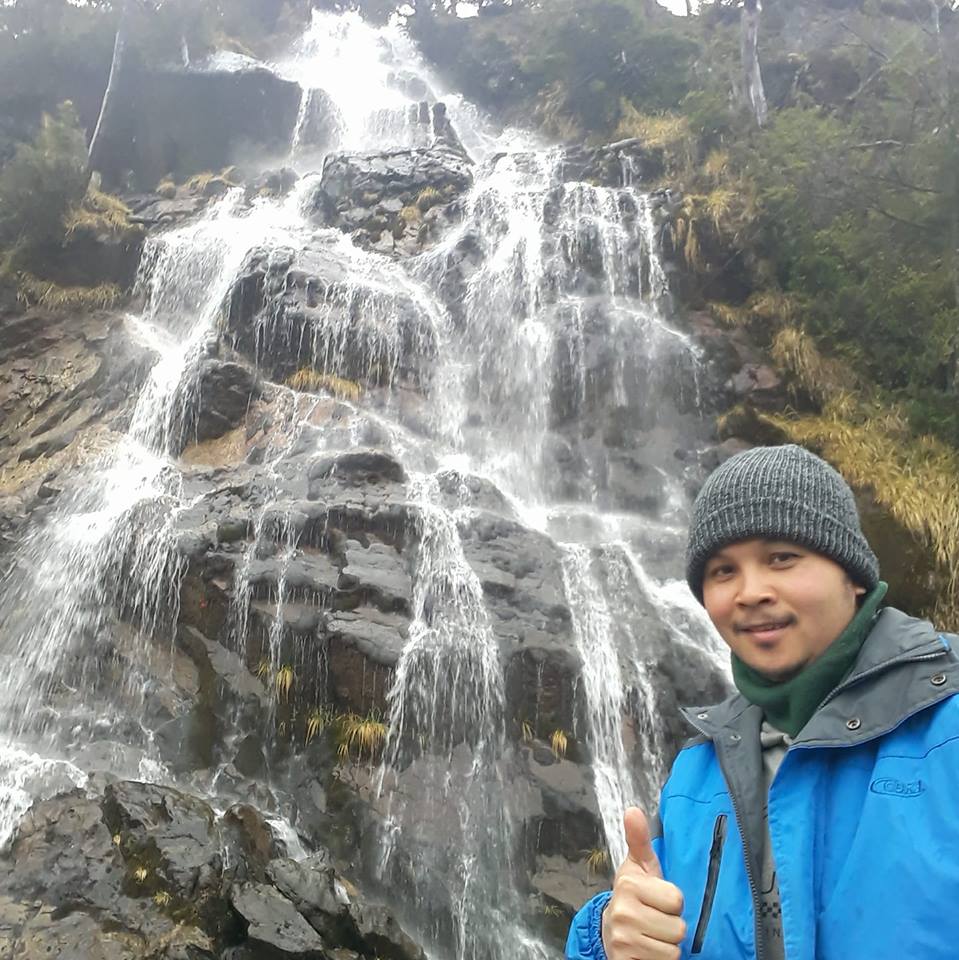
Michael in Patagonia, south of Chile, 2017
Language is a basic skill we need to learn in order to communicate, to express our feelings and to understand others. But we are divided by many different languages. For a migrant seeking a good life in another country, how can you express yourself to the locals who do not understand your own language?
This challenge of dealing with language barriers reminded me of a migrant named Jamby, whom I met in Chile. Jamby is a 45 year-old single mother, a Muslim from Zamboanga City, Philippines . . .

A Quiet Home for a Homeless
By Virgenia O. Vidad and Fr. Oliver McCrossan
Virgie Vidad is from Ozamiz City who works with Pedaling to Live and Green Shelter, Inc. since its beginning in April 2006. The project was put up by Columban Father Oliver McCrossan. Here she writes about Mary Joy Tabuco, one of the beneficiaries of the project.
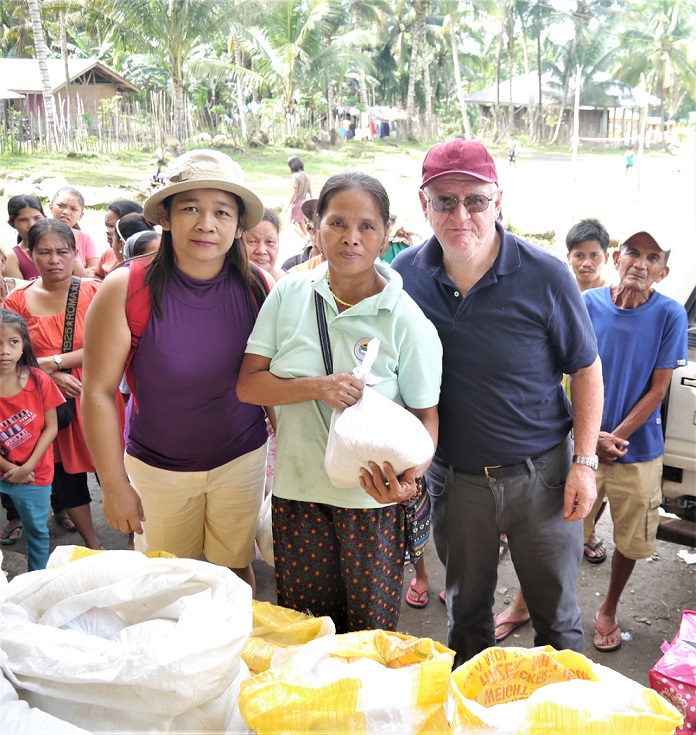
Virgie Vidad (left) and Fr. Oli McCrossan (right) with survivors of typhoon Vinta, Lanao del Norte, 2018
I met a very courageous and determined girl sometime in 2005 in Ozamiz City. Her name is Mary Joy Tabuco. She was born on September 8, 1992 in San Jose, Mahayag, Zamboanga del Sur, the eldest among four siblings. At five, she had a very high fever that caused her deafness. During her teenage years, she helped in the rice seed breeding and promotion of Organic Agriculture in Tambulig, Zamboanga del Sur. Ironically, her father was killed by her uncle in Tambulig while they were having fun in the family . . .

The Impact of Meat Production on the Planet
By Fr. Seán McDonagh, SSC
The author is a Columban priest from Ireland. He is known around the world as an eco-theologian who is working to raise awareness on the connectedness between justice and peace issues, environmental sustainability and faith. He is currently the researcher for Justice, Peace and Integrity of Creation (JPIC) priorities of the Missionary Society of St. Columban.
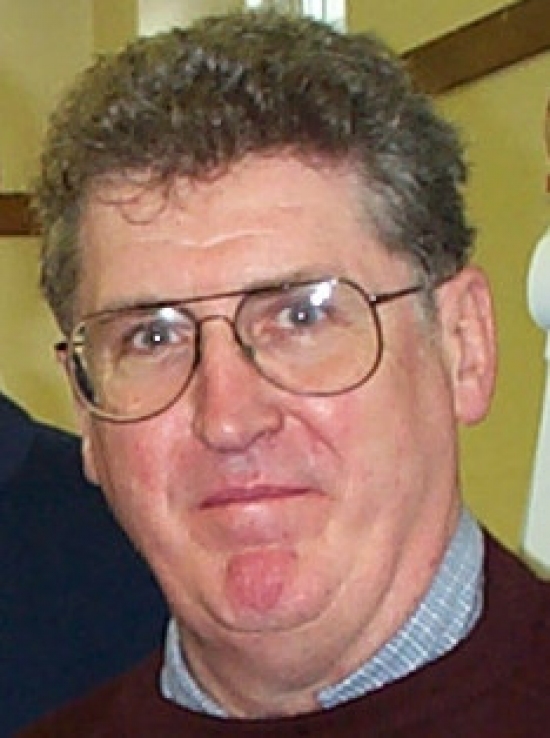
Farming and food production are huge industries in today’s world. Since the beginning of the industrial revolution, the number of people directly involved in agriculture has been dropping in First World countries. Today in the United Kingdom, only 2 percent of the population are working on farms. Even so, figures from the Department of Environment, Food and Rural Affairs in 2014, estimated that the food and drinks manufacturing sector contributed £27 billion to the United Kingdom’s economy. Furthermore, 3.8 million people were employed in these industries (van der Zee, 2018) . . .

Presence, A Source of Healing
By Elbert Balbastro
The author is a Columban seminarian on a two-year First Mission Assignment (FMA) in Pakistan. Here he shares about his pastoral experience while in the Philippines. Both FMA and Pastoral Ministry form parts of the formation program for seminarians preparing to become a Columban missionary priest.
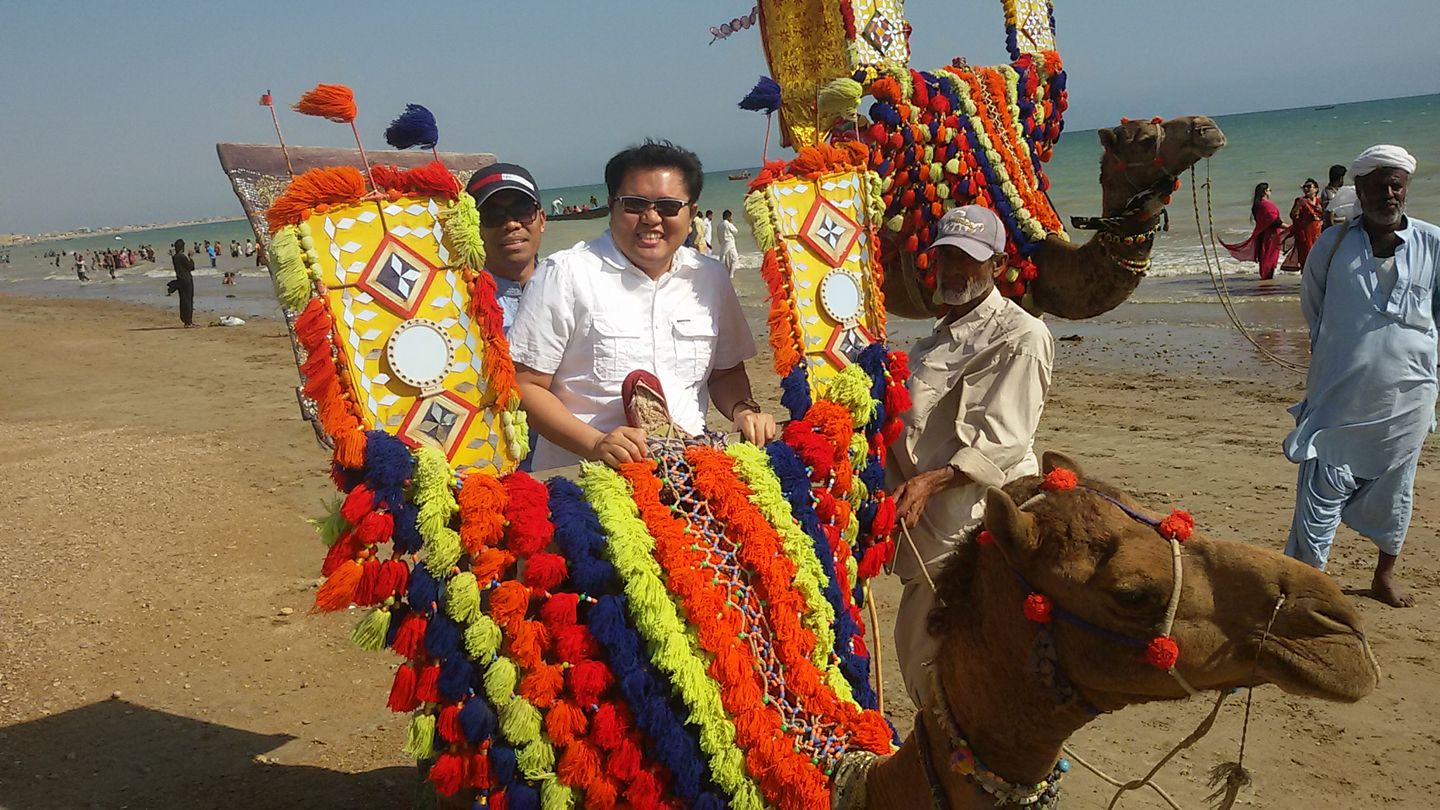
Elbert Balbastro (front) and Jerry Lohera (back) in Pakistan, March 2018
“I want to be healed. Please help me.” This is a very common petition by the patients at San Lazaro Hospital, Manila. My pastoral experience there for eight months visiting Tuberculosis and HIV/AIDS patients opened my eyes to see how these diseases had affected them. Through this ministry, I saw the “poorest of the poor” in them because aside from poor health, most of them were also deprived from material and financial resources . . .

When I was small, I used to pray the rosary with my family. But now that I am an adult, I don’t seem to appreciate it anymore, with its repetitive praying of the Hail Mary. I may sound skeptical, but why pray the Hail Mary much more than praying directly to God? What good will it make to me and to my faith? But I am still making rosary bracelets though.
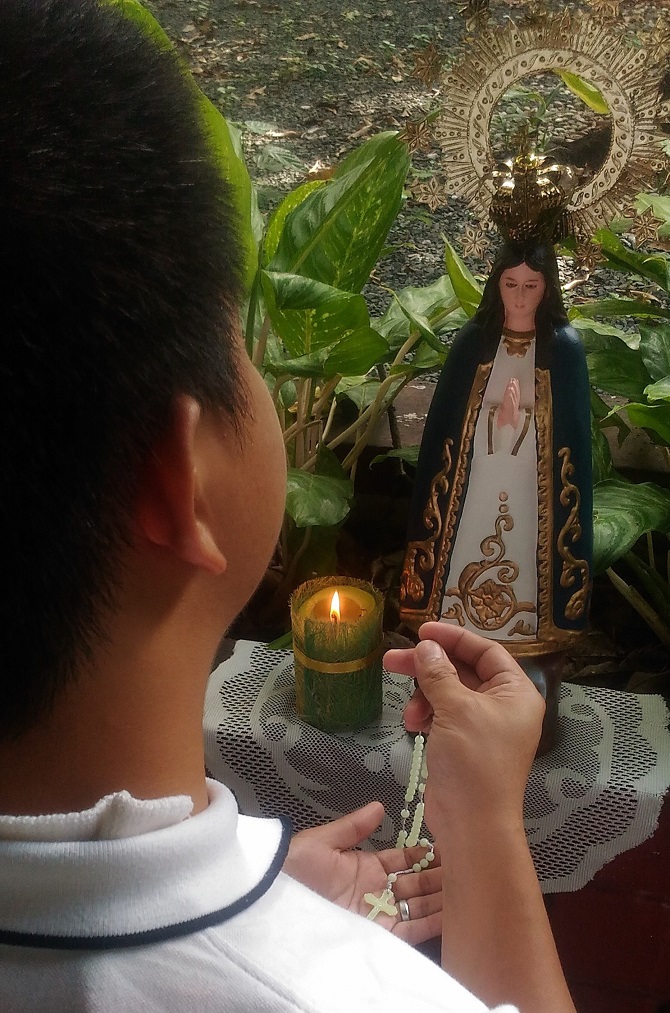

We must not look at nature as though it was some kind of property or real estate on which we can stake our claim. Nor is nature something over which we can exercise exclusive rights – “All the earth is mine” says the Lord (Ex. 19:5, cf. Lv. 25:23). The biblical view also reminds us that God has bound himself to a covenant with nature and has entrusted humankind with the protection and care of the planet. We have, in fact, a community of living creatures. Therefore we must think of the world as a living organism rather than a machine we have power over to be used at our own whim. Being part of the living earth, we have a task to sustain and nurture creation as we ourselves are sustained and nurtured by it.

Walk for Creation: World day of prayer for the care of Creation, Christ the King Seminary, QC, September 1, 2018
~ Colm McKeating, Light which Dims the Stars: A Christian Theology of Creation (1940-2015)

A Pilgrimage for Fr. Vernon’s 75th Death Anniversary
By Mary Joy Rile

Fr. Vernon Douglas, a sketch by Gigi Arevalo, Malate, Manila, July 2018
The Columban priests, sisters, lay missionaries, seminarians and co-workers, with Basic Ecclesial Communities (BEC) members and staff of Malate Church went on a pilgrimage commemorating the 75th death anniversary of Fr. Francis Vernon Douglas on July 27, 2018. The group passed by the church in Morong, Rizal where Fr. Vernon was assigned for a few weeks in 1938 while learning the Tagalog language.
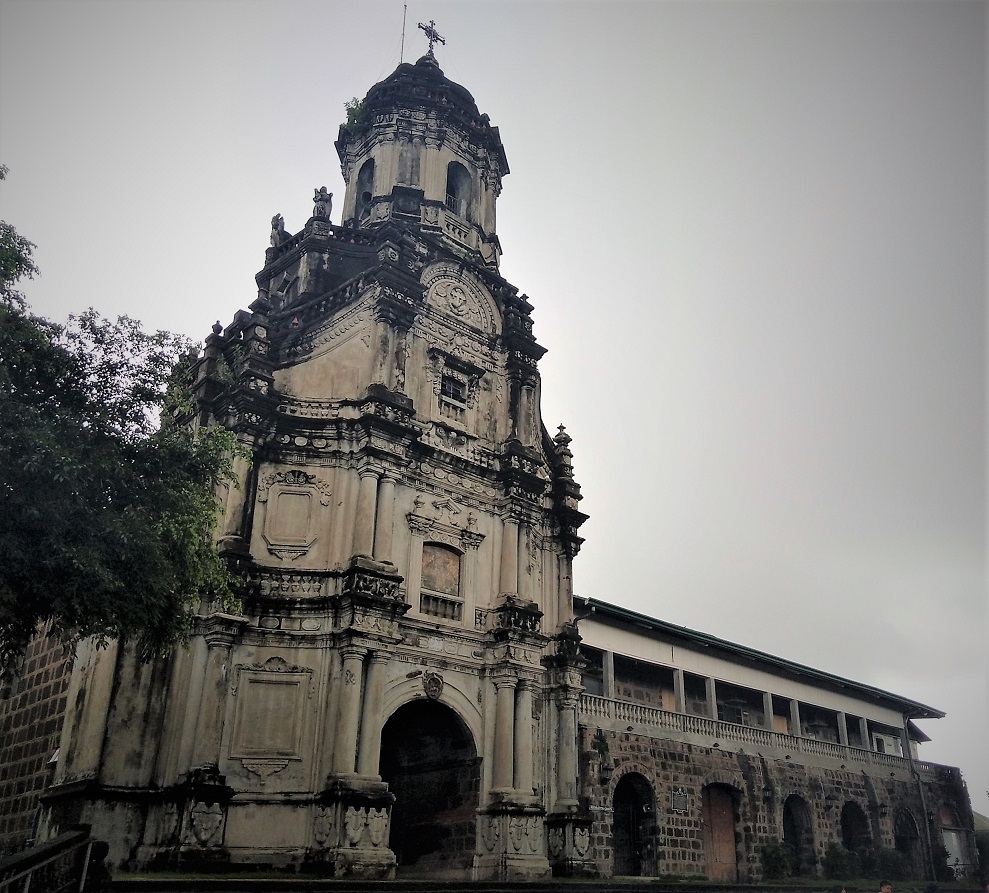
St. Jerome Church, Morong, Rizal
Then the group proceeded to St. Mary Magdalene Parish, Pililla, Rizal where Fr. Vernon was assigned as parish priest late in 1938, at the age of 28, up to 1943 when he was killed. Some parishioners of Pililla, Rizal joined the group for a Prayer Service at the sala in the parish convent where Fr. Vernon used to live. Solemnity was in the air while listening to and reflecting on the Gospel readings and excerpts from Here was a Strong and Brave Man, an article written by Fr. John Keenan that gives an account of how Fr. Vernon died in the hands of the Japanese soldiers. It was in this church that he was interrogated, suspected as a spy for refusing to talk about what some guerrillas might have disclosed to him in the Sacrament of Confession. The community singing of How Great Thou Art at the end of the prayer service was joyful and touching. A picture frame of Fr. Vernon was given to the parish which was received by Fr. Jun Menesis, parish priest.
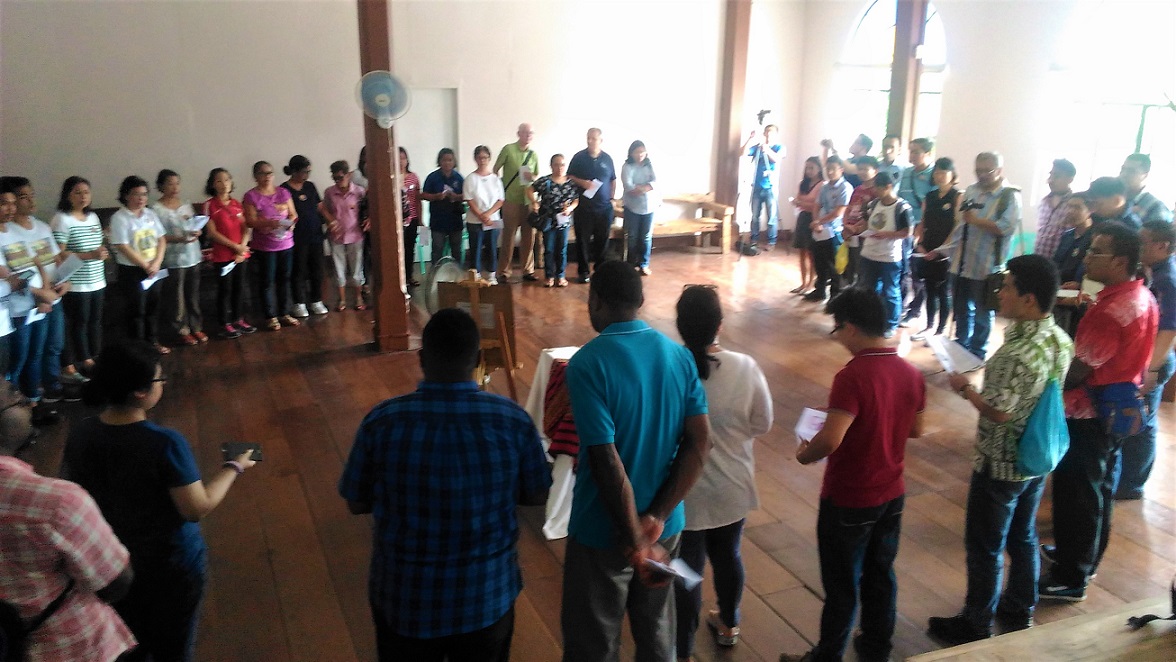
Prayer Service at the sala in the parish convent, Pililla
Some parishioners from Pililla joined the pilgrimage to Paete, Laguna, where some priests, parishioners and students were waiting for the Eucharistic celebration at St. James the Apostle Parish. It was in this church that Fr. Vernon was brought to be tortured along with around 250 men during the Japanese occupation in 1943. To give an overview of the life of Fr. Vernon, a shorter version of the film Epitaph (Series 2) was shown, followed by video testimonies of three eyewitnesses from Pililla and Paete, and a message from the Douglas family in New Zealand.
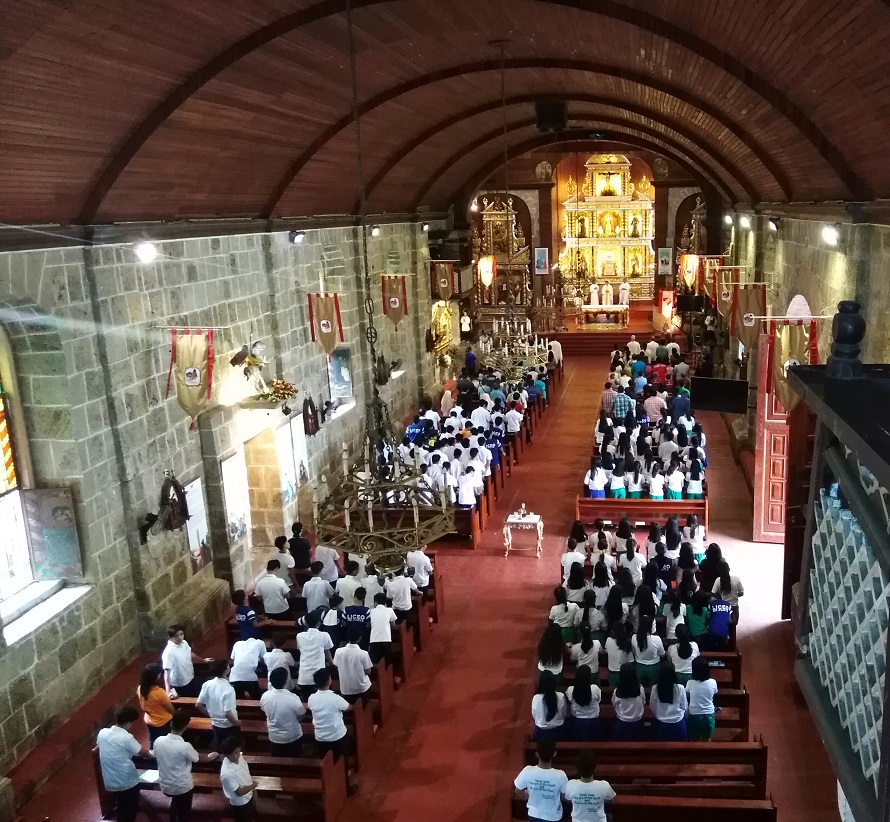
Eucharistic celebration at St. James the Apostle Church, Paete
We were graced by the presence of Msgr. Jerry Bitoon who was the main celebrant. To quote him in his homily,
“Is it not a kind of martyrdom that in the midst of all his sufferings, he was not seen with a bitter face? With blood gushing out from his face but lips moving as he was praying the holy rosary – in the face of extreme violence and cruelty is the serenity of the suffering servant.
“At present, our lives are at risk with the recent news on the killings of the priests. Sometimes I would think, ‘will I be the next?’ But should fate would have it right in front of me, as a priest I should be ready to die for Christ. We have seen in Fr. Vernon his readiness. He probably thought of hiding himself but the mission dominated as he once said, ‘Whether there will be war or no war, I will be here’. That is echoing the spirit of somebody who had such a missionary spirit, the making of a martyr.”
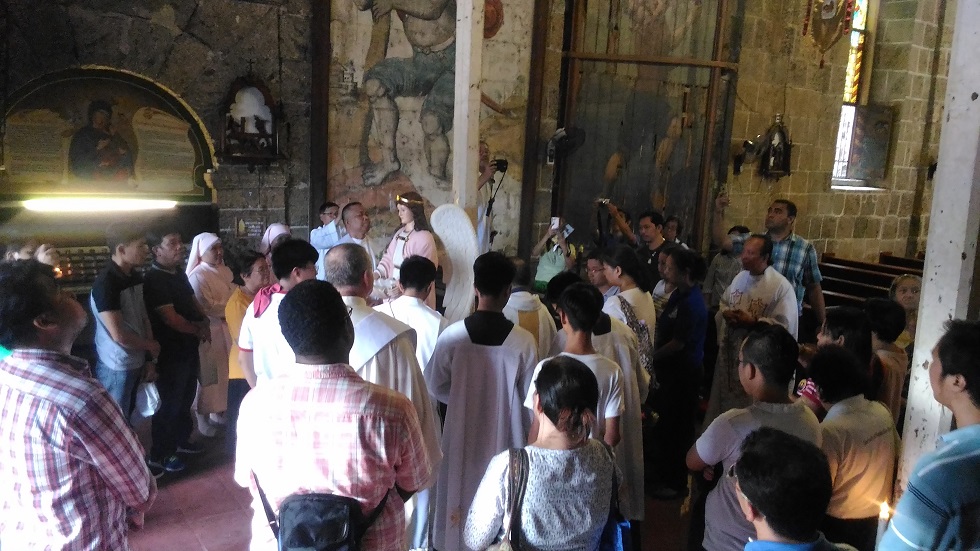
Veneration at the pillar, under the choir loft, where Fr. Vernon was tied
Msgr. Jerry blessed the post where Fr. Vernon was tied and the rest of the pilgrims venerated on it. It was heart-warming to see some elders present who also had their own share of story at the time when Fr. Vernon was brought to their place. Joven Cajepe, a local historian, shared how his research about the tortured priest led him to a deeper reflection on its importance in the history of Paete.
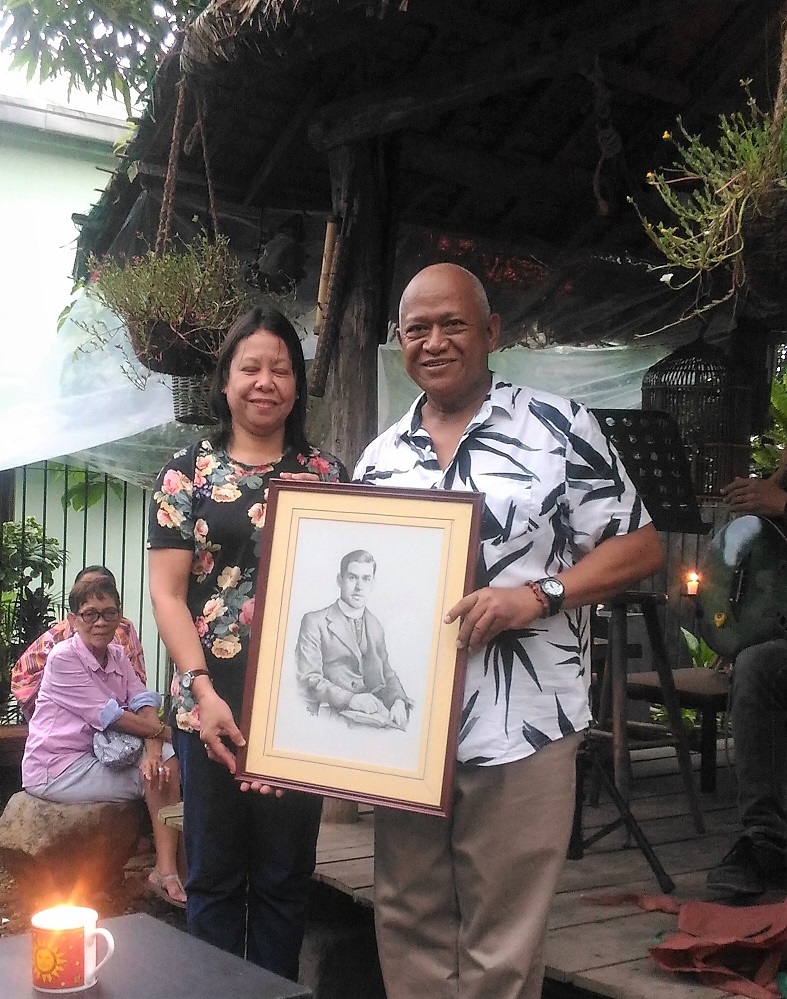
Ms. Gigi Arevalo and her sketch of Fr. Vernon Douglas with Dr. Nilo Valdecantos
The program continued with a dinner at the Valdecantos residence celebrating a fulfilling day with pilgrims from different places coming together, commemorating the life and martyrdom of Fr. Vernon Douglas. Along with the people of New Zealand, who are praying for the sainthood of Fr. Vernon, and those who joined us in spirit and prayer, “we remember, we celebrate, we believe”.
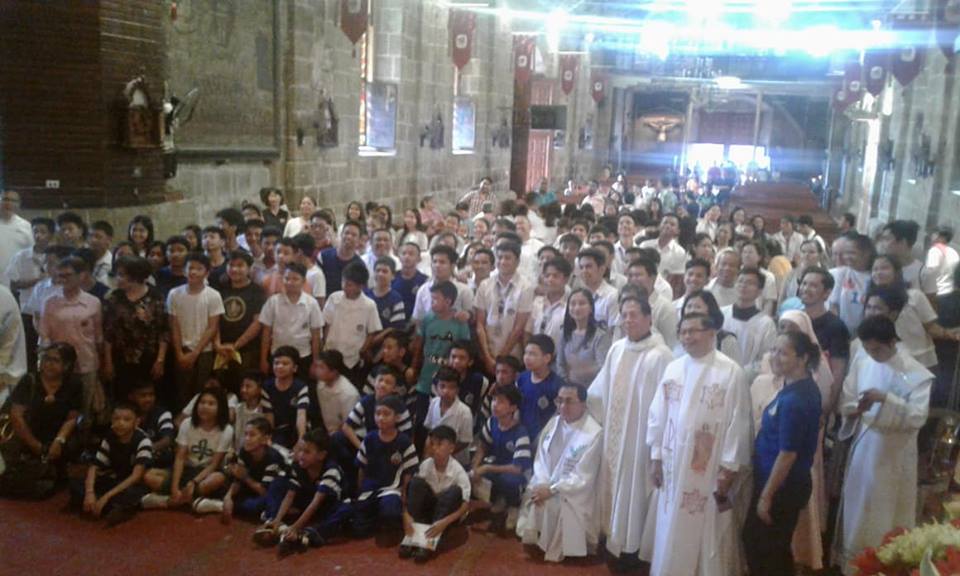
The congregation at St. James the Apostle Church, Paete
A Quiet Home for a Homeless
By Virgenia O. Vidad and Fr. Oliver McCrossan
Virgie Vidad is from Ozamiz City who works with Pedaling to Live and Green Shelter, Inc. since its beginning in April 2006. The project was put up by Columban Father Oliver McCrossan. Here she writes about Mary Joy Tabuco, one of the beneficiaries of the project.

Virgie Vidad (left) and Fr. Oli McCrossan (right) with survivors of typhoon Vinta, Lanao del Norte, 2018
I met a very courageous and determined girl sometime in 2005 in Ozamiz City. Her name is Mary Joy Tabuco. She was born on September 8, 1992 in San Jose, Mahayag, Zamboanga del Sur, the eldest among four siblings. At five, she had a very high fever that caused her deafness. During her teenage years, she helped in the rice seed breeding and promotion of Organic Agriculture in Tambulig, Zamboanga del Sur. Ironically, her father was killed by her uncle in Tambulig while they were having fun in the family.
After the incident, her mother decided to marry again and joined her new husband. Mary Joy then left to study at La Salle University Ozamiz School for the Deaf, Ozamiz City. This time Fr. Oliver McCrossan, a Columban priest, started to give financial support for her education. She lived on her own until she finished her high school.
She shared to me that she has not seen again her mother, brothers and sisters. Her plight in life was quite challenging, trying to survive at a very young age. Without a family to rely on, she lived with someone she didn’t know and it was not easy.
Mary Joy studied Bachelor of Science in Psychology at Philippine St. Francis Assisi Deaf Center, Inc., Calbayog, Western Samar with the support of another priest. She finished college in November 2017 and decided to go back to Ozamiz City to look for a job. She worked in a bakeshop from 9 o’clock in the morning until 5 o’clock in the afternoon earning Php175.00 per day. She was renting a small room in Barangay Carmen Annex at Php1,800.00 every month. She may have finished college but her job was not permanent.
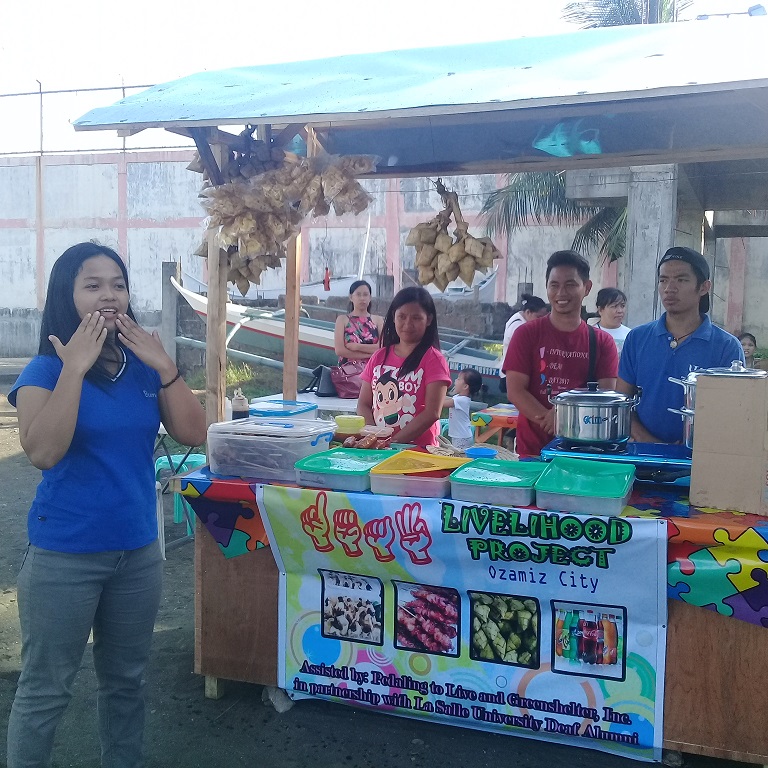
Mary Joy inviting people to buy their food
She visited again the Pedaling to Live and Green Shelter, Inc. and we had a short discussion about the newly launched livelihood program for the Deaf. Mary Joy decided to avail of this. She was granted a small capital to build a small store and started a small business selling snacks, viand, beverage and other food items. On weekdays, Mary Joy and her friend Bernard, also a deaf, sell banana turon, bihon, ice candy and pinakbet, and on Saturdays and Sundays they sell barbeque and hanging rice at Cotta beach. Another opportunity opened for her as one of our new housing beneficiaries, following the same scheme of payment of the tricycle drivers. She will be paying Php30.00 a day until she can fully pay the whole amount of one hundred thousand pesos for the housing unit.
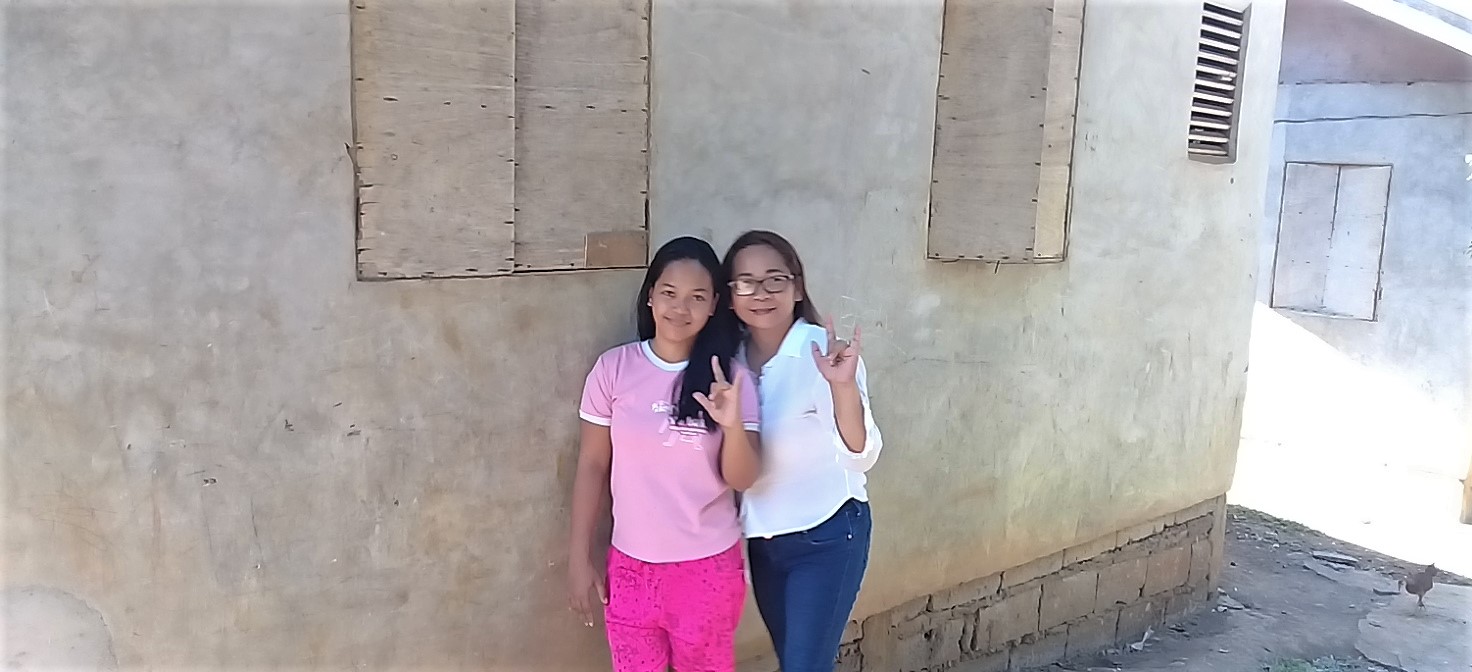
Mary Joy with Virgie in her new house, signing “I love you”
Finally finding a home, Mary Joy is now happy in her new house with her neighbors. I am very touched by her life story with her kind of determination that made her go through life’s challenges. She is one of the people whom we are working with, a recipient of the donations from our benefactors. The education she got may not have landed her on a good job but it gave her the confidence to set up a small business of her own.
We thank our dear benefactors who continue to touch the lives of many of our less privileged people. You have just fulfilled another dream, a quiet home for Mary Joy who was once homeless.
A Voice for Justice
By Michael Javier
The author is a Columban lay missionary (CLM) from Jubgan, San Francisco, Surigao del Norte. He belongs to PH22, the first group of CLMs from the Philippines assigned in Chile in 2015 and has recently returned after a three-year contract.

Michael in Patagonia, south of Chile, 2017
Language is a basic skill we need to learn in order to communicate, to express our feelings and to understand others. But we are divided by many different languages. For a migrant seeking a good life in another country, how can you express yourself to the locals who do not understand your own language?
This challenge of dealing with language barriers reminded me of a migrant named Jamby, whom I met in Chile. Jamby is a 45 year-old single mother, a Muslim from Zamboanga City, Philippines.
She worked in different countries to provide for the needs of her child. Her previous experiences were not met with any difficulties until she arrived in Chile in 2015. It was her first time to go to a Spanish-speaking country and she could not speak the language. Jamby, for the first time, worked as a housekeeper. Her employer didn’t give her the chance to practice her religion. After two weeks, she asked if she could have at least 20 minutes each day to pray. Because of this, her employer terminated her contract. She had to find another work and was hired the second time. But her new employers were very strict and didn’t give her enough food to eat so she decided to leave.
Eventually she was able to find a job working for a family of five, who were also foreigners who migrated to Chile. At first, they were very good to her. When Jamby had an accident, they took good care of her in the hospital. She became closer to them as she took care of the three children. Although she began work in January 2016, the contract they gave her stated her employment began in August. Jamby did not question her employers because of the kindness they showed her. But then, her concerns didn’t stop there. Whenever the parents went out returning late in the evening or early morning the next day, she took care of the children but received no overtime pay for the extra time she worked. There were also times when her salary was deducted for different reasons – a stain was not removed from washing their clothes or whenever there was an increase in their electric or water bill. She noticed that this continued to be the pattern. Although she was recording the amount she received, she still didn’t say anything to her employer. Three months before her visa expired, she informed her employer that she needed to renew her status to permanent visa. But her employer refused to process her visa and gave excuses every time she asked. Jamby was only allowed to go to the immigration a day before her visa expired. She was told that her visa could not be processed because her employer didn’t pay fees for her health insurance and security system, part of the requirements for her application. When she informed her employer about the requirements and the penalty fee, her employer forced her to tender voluntary resignation by signing a paper saying that she had terminated her employment. Jamby knew that if she left without legal papers, she won’t be able to find a new job. No one would hire her because her visa had already expired. Therefore, Jamby did not sign the termination paper. This happened late in the evening and they told her to leave. Jamby pleaded with them to let her stay for the night as she had no place to go.
Early the next morning, her employer brought Jamby to town with all her belongings. She called a friend for help. They went straight to the Department of Labor to file a formal complaint against her employer. It is fortunate that migrant workers are protected by the labor law in Chile.
Since Jamby could not speak Spanish, I was approached by a common friend to help in the translation. I accompanied her on the scheduled meeting but her former employer didn’t show up. The Department of Labor then decided to bring her case to the court. Jamby was provided a lawyer to represent her pro bono. I was asked to be the interpreter for the duration of the trial. The court proceedings took several months. Her former employer gave her own version of what happened but because of the strong evidence against her, the judge decided in favour of Jamby. Her former employer was demanded to pay everything she owed Jamby in the duration of her work, including the penalty to the government. Indeed, justice was served.
Winning this case did not only give Jamby stability and security but it also uplifted her dignity. Now Jamby has found a new job. Although she’s only working part-time, she has a good employer who is helping her in getting a permanent visa and a contract covering her health and security insurance.

Jamby with her new employer
Like Jamby, there are times we face hardships. But with the help of others who give us hope, we continue to walk through life. It was not the first time that I was asked to be an interpreter for migrants. I also helped in processing papers for those who could not speak or understand Spanish. Being a voice for those in need is a big help to them and this is my way of crossing boundaries to reach out to others.
I am very grateful to be a part of the Columban Missionaries. They have molded me. They gave me the opportunity to study and learn Spanish. Knowing the language is the key, not only to learn more about the culture but also to be the voice for the vulnerable and being able to fight for their rights. We may have different languages but the most powerful language is still love. Fighting for what we believe in is right and just, but we do it out of love.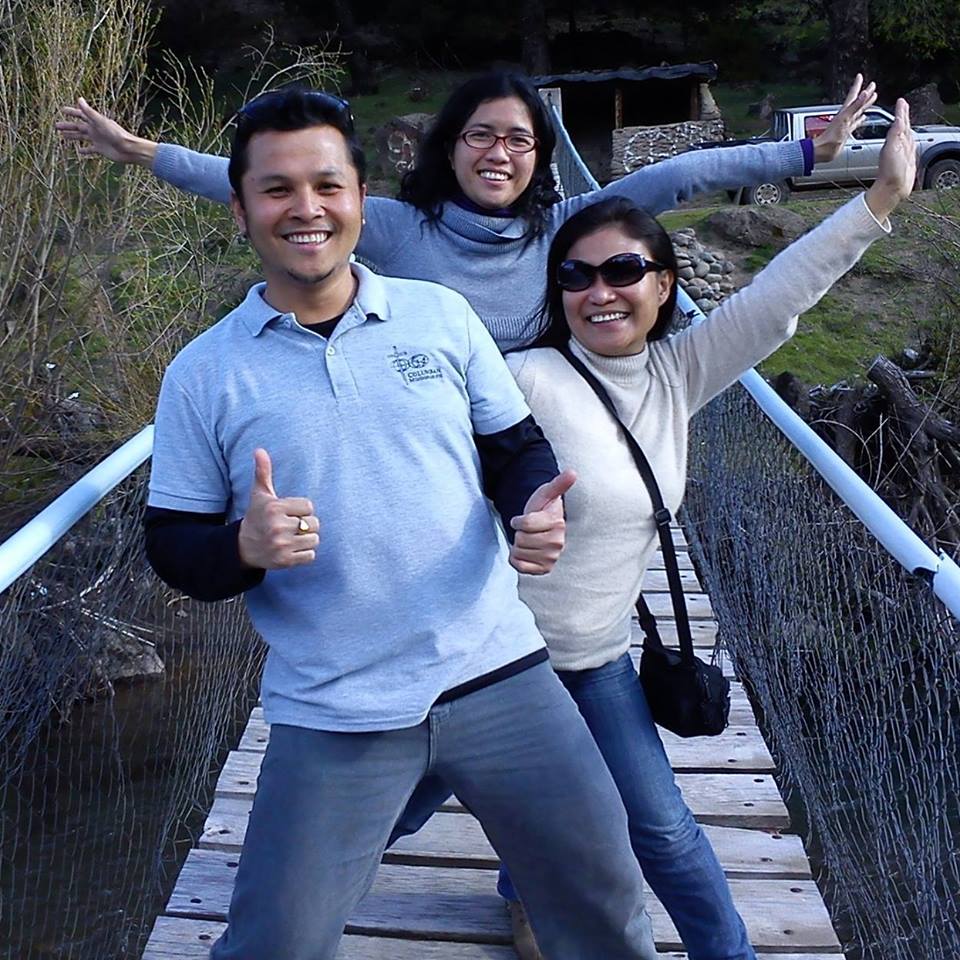
PH22: Michael, Gilda Comayas and Lorna Cañete in Alto Bio Bio, Chile, 2015
From the Editor
Moving On with Gratitude and Hope
By Arlenne B. Villahermosa
Time flies. September is here. We are reminded by the Catholic church to care for the gift that has been given to us – earth, our common home – by declaring this month as the Season of Creation.

Laudato Si’: On the Care of Our Common Home, Encyclical by Pope Francis, 2015
Pope Francis, in his encyclical Laudato Si’ said, “This sister (earth) now cries out to us because of the harm we have inflicted on her by our irresponsible use and abuse of the goods with which God has endowed her. We have come to see ourselves as her lords and masters, entitled to plunder her at will. The violence present in our hearts, wounded by sin, is also reflected in the symptoms of sickness evident in the soil, in the water, in the air and in all forms of life.” Thus, the call to address our current environmental issues is urgent. To care for the earth is to care for each other; environmental issues are also social justice issues. So, in this issue, we feature two articles written by Columban priests. One is on creation and the other on “The Impact of Meat Production on the Planet”. We also include stories of social justice where human hearts care for the marginalized in the society.
We join with the earth and with each other.
To bring new life to the land
To restore the waters
To refresh the air
We join with the earth and with each other.
To renew the forests
To care for the plants
To protect the creatures
We join with the earth and with each other.
To celebrate the seas
To rejoice the sunlight
To sing the song of the stars
We join with the earth and with each other.
To recall our destiny
To renew our spirits
To reinvigorate our bodies
We join with the earth and with each other.
To create the human community
To promote justice and peace
To remember our children
We join together as many and diverse expressions of one loving mystery: for the healing of the earth and the renewal of all life.
~ U.N. Environmental Sabbath Program ~
Since the Columban Missionaries are still celebrating its centenary, we are featuring Memories from the Heart of people who have journeyed with us through the years; and the pilgrimage that the Columban Missionaries organized to commemorate the 75th death anniversary of Fr. Vernon Douglas.
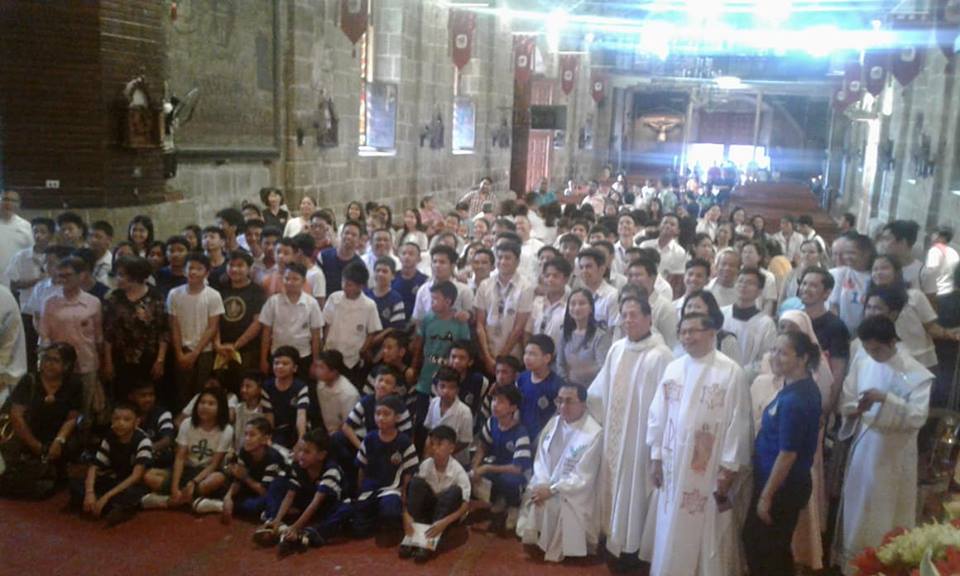
The pilgrims with the congregation in Paete, 2018
Remembering is honouring or valuing something that is important, something that gives life, and by doing so, helping us in the direction we are to take in life.
In compliance with the Society’s requirement, the Philippine region has come up with a regional website, columbanmission.org.ph, which will integrate our three existing websites, misyononline.com, Columbans Philippines vocation website and the Columban Lay Missionaries’ blog. All the back issues then will form part of the Archives of the new website. Thus, misyononline.com will foldup its operation at the start of 2019. The next issue, November-December, will be its last publication. When the printed form of Misyon magazine ceased its production in 2008, www.misyononline.com was created alongside the production of CD version. Since then misyononline.com has been publishing its regular issues, every two months, until now. We wish to thank all our readers and followers for your patronage and support through the years. You have been a source of inspiration for the publication’s existence.
We will move on to our regional website with gratitude and hope in our hearts knowing that our work at the communications office will be at the service of mission. We invite you then to visit our new website where you can continue to read our stories, know more about the Columban missionaries and their works and become part of the wider Columban mission.
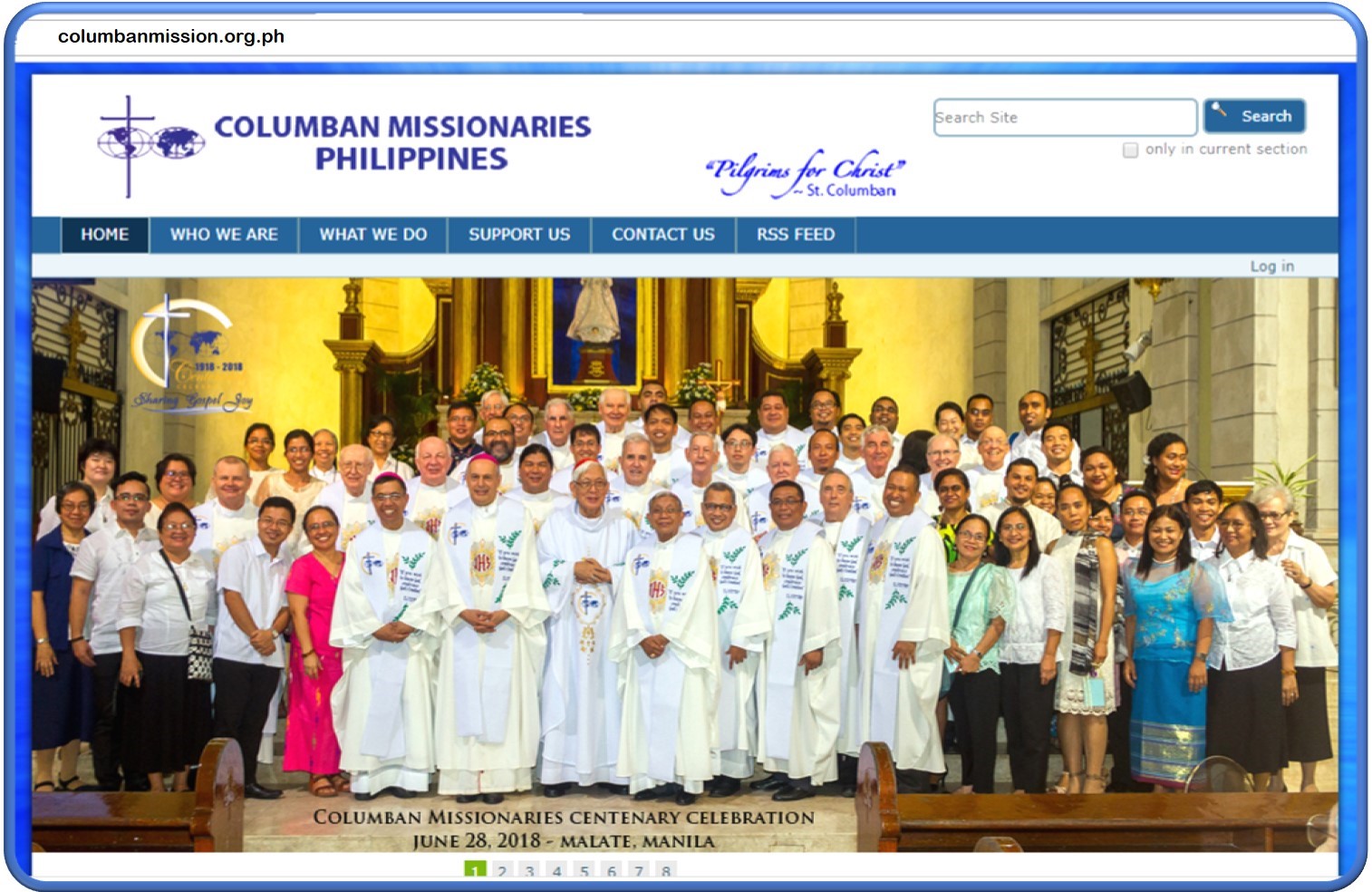
Philippine Website: columbanmission.org.ph
Our Hideaway
Presence, A Source of Healing
By Elbert Balbastro
The author is a Columban seminarian on a two-year First Mission Assignment (FMA) in Pakistan. Here he shares about his pastoral experience while in the Philippines. Both FMA and Pastoral Ministry form parts of the formation program for seminarians preparing to become a Columban missionary priest.

Elbert Balbastro (front) and Jerry Lohera (back) in Pakistan, March 2018
“I want to be healed. Please help me.” This is a very common petition by the patients at San Lazaro Hospital, Manila. My pastoral experience there for eight months visiting Tuberculosis and HIV/AIDS patients opened my eyes to see how these diseases had affected them. Through this ministry, I saw the “poorest of the poor” in them because aside from poor health, most of them were also deprived from material and financial resources.
In my journey as a Columban missionary, I find this ministry to be the most difficult one by far. The patients are very vulnerable. Many of them are on the verge of losing hope. Since Tubercolosis is an airborne disease, patients are placed in an isolated area. Hence, some patients have no watchers or someone to attend to their needs. In a similar way, most of the HIV/AIDS patients feel alienated or condemned because of the stigma brought by the disease. I always left the hospital with a heavy heart because of their situation. However, I do feel and believe that my presence there had somehow helped ease their pain and suffering.
One time while I was praying, I remembered expressing my sentiments to the Lord. As I meditated on the gospel about the visitation of Mama Mary to her cousin Elizabeth, I was reminded of the hardships that Mary, who at that time was pregnant with Jesus, had gone through to help her cousin Elizabeth. For me, her “Yes” to God in the annunciation was her strength in being able to continue to help others. Going to San Lazaro hospital every Saturday was also heavy for me as I was carrying some of my own difficulties in my academics, personal and community life. However, my commitment, my “yes”, to the Society of St. Columban was what gave me strength to minister to the patients there.
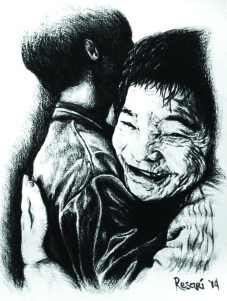
More Than A Hug, a charcoal painting by Jao Resari, 2014
Along the way, I learned to embrace and love the hospital ministry because it taught me a lot of things. First, I need to listen and not do the talking all the time. Sometimes, that is only what the patients need – someone to listen to them. Second, patience and understanding are needed because the patients are vulnerable and they can easily get irritated, impatient and sometimes even unkind. So, on my part, I needed to be compassionate so they could feel the love of God for them. Third, dialogue is important. The patients are Christians and non-Christians. Regardless of their religious beliefs, I ministered to them and talked with them, hoping that my presence would be of help, not to convert them, but just to be with them. Once I encountered a Muslim father whose son was at the verge of dying. He asked for my prayers. At first, he was hesitant to talk to me but when he realized that I was not there to convert anybody he shared his sadness for the doctor could not cure his only son. I could not fathom how hard it must be for him to see his only son fading away. As I reflected on this experience I realized that hospital chaplaincy is also a good avenue for dialogue. Lastly, I have learned to intensify my prayer life because this ministry entailed a lot of prayer on my part, not only for myself but especially for the patients. I really felt sad and even angry whenever a patient would express his/her fear of going to hell simply because he/she got the disease. To add to their burden, some of the church workers and members of the Catholic faith have been shunning them. In reality, they are already suffering a lot and they do not need any of these insults or condemnation.
I hope and pray that people would feel compassion towards them. It is in extending kindness and compassion that healing may come to them.
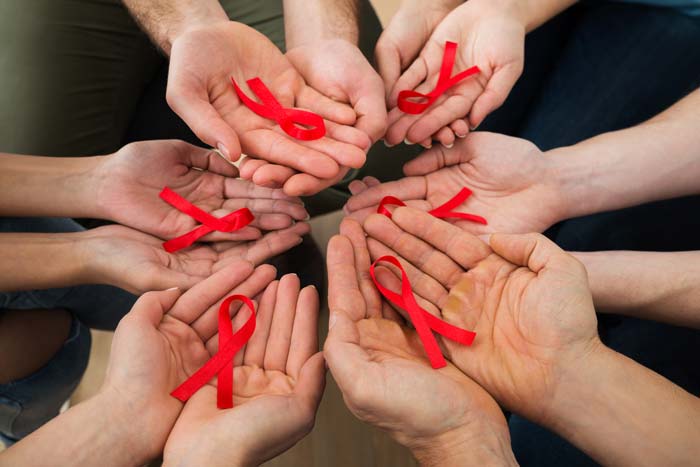
For HIV/AIDS Patients, Massage Provides a Touch of Humanity [Massage Magazine]
Healing is important in our life and may come in different forms. In one of my Saturday visits, I met Kuya Boy who was suffering from HIV/AIDS with Tuberculosis. Listening to him, I inquired what he wanted to ask from God. At the back of my mind, I expected him to say, “I hope He will restore me to good health.” How wrong I was! Instead, he said, “I hope my enemies are here so that I can ask forgiveness from them. I hope that my parents, siblings, family and friends are here so that I can say how grateful I am for their love. I hope I can embrace them. You know, brother, I have accepted the fact that I will die today and what I need now is emotional healing.” On hearing this, I asked Kuya Boy if he was willing to do it with me pretending that I were his enemies or friends or relatives. Things went well. It dawned on me that some patients just needed someone to express their thoughts and feelings with and that could already be their source of healing.
My one whole year of journeying with the patients at San Lazaro hospital strengthened my vocation and love for God and other people. I imagined Elizabeth, in her old age, carrying a baby in her womb. How hard it must have been for her, but that the yes and commitment of her cousin, Mary, had somehow eased the burden and gave her strength to carry and give birth to John the Baptist.
I hope that we can also find time to extend our presence and virtues of patience, understanding, commitment and compassion to other people, especially to those who are sick. They deserve our love, not humiliation and condemnation. Just as Christ brings life to this world, we, too, can bring a life-healing presence to the patients.
Related articles:
- “A Glimpse of Love for the Unseen” by Jao Resari, a Columban lay missionary who wrote a reflection about a charity art exhibition that raised awareness for HIV and AIDS in Taiwan in 2014
- World AIDS Day 2013, featuring stories of three Columban missionaries working with persons affected by HIV/AIDS
Peace by Peace
We must not look at nature as though it was some kind of property or real estate on which we can stake our claim. Nor is nature something over which we can exercise exclusive rights – “All the earth is mine” says the Lord (Ex. 19:5, cf. Lv. 25:23). The biblical view also reminds us that God has bound himself to a covenant with nature and has entrusted humankind with the protection and care of the planet. We have, in fact, a community of living creatures. Therefore we must think of the world as a living organism rather than a machine we have power over to be used at our own whim. Being part of the living earth, we have a task to sustain and nurture creation as we ourselves are sustained and nurtured by it.

Walk for Creation: World day of prayer for the care of Creation, Christ the King Seminary, QC, September 1, 2018
~ Colm McKeating, Light which Dims the Stars: A Christian Theology of Creation (1940-2015)

All the wealth of the world cannot be compared to living together happily united.
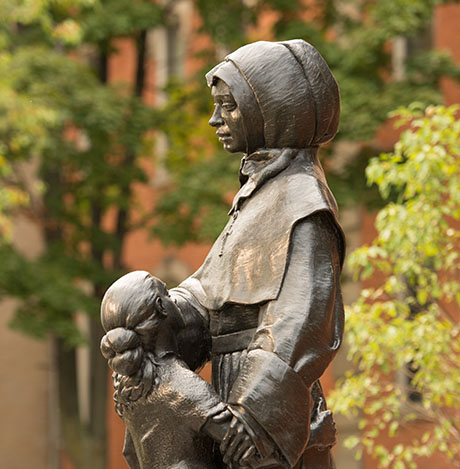
Statueof Saint Marie-Marguerite d'Youville by David Derner, D'Youville College, New York
~ Saint Marguerite d'Youville, Founder, Mother of Universal Charity (1701–1771)

No longer should our brothers be seen wandering the roads and in the squares, starving and trembling with cold, under the icy north wind, naked members of the Body of Christ… There ought to be beggars and destitute persons no longer. All should be equal.

~ St. Tikhon of Zadonsk, bishop and monk (1724-1783)

Does capital punishment tend to the security of the people? By no means. It hardens the hearts of men, and makes the loss of life appear light to them; and it renders life insecure, inasmuch as the law holds out that property is of greater value than life.
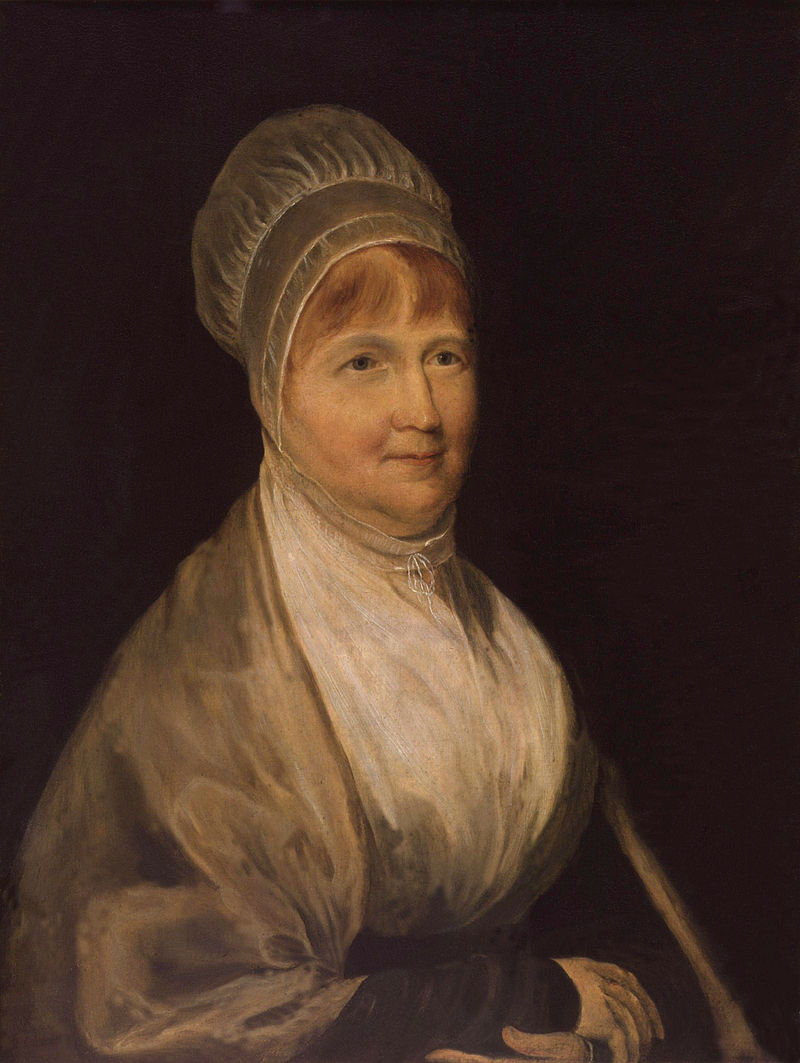
Elizabeth Fry by Charles Robert Leslie
~ Elizabeth Fry, Quaker reformer (1780-1845)

The baggage you are carrying from your past is the result of the actions of other people. You can’t control what others do, but you can choose how you react. When you choose to forgive and forget, you shift that baggage to God’s hands and leave it there. Your life will immediately feel lighter and simpler.

~ Baggage, Simple Living for Busy People: God’s Guide to Enjoying What Matters Most

The Creation Mandala (A Poem)
By Fr. Vincent Busch

Fr. Vinnie is a Columban priest from the USA who has been serving in Mindanao, Philippines since his arrival in 1975. His great interest in Creation Spirituality brought him to appreciation of life and the cosmos expressed in different forms of art including poetry. He initiated a handicraft project with the Subanens in Zamboanga del Sur in 2001. To see the crafts and cards of the Subanens visit their website, www.subanencrafts.com.
The Birth of the Universe
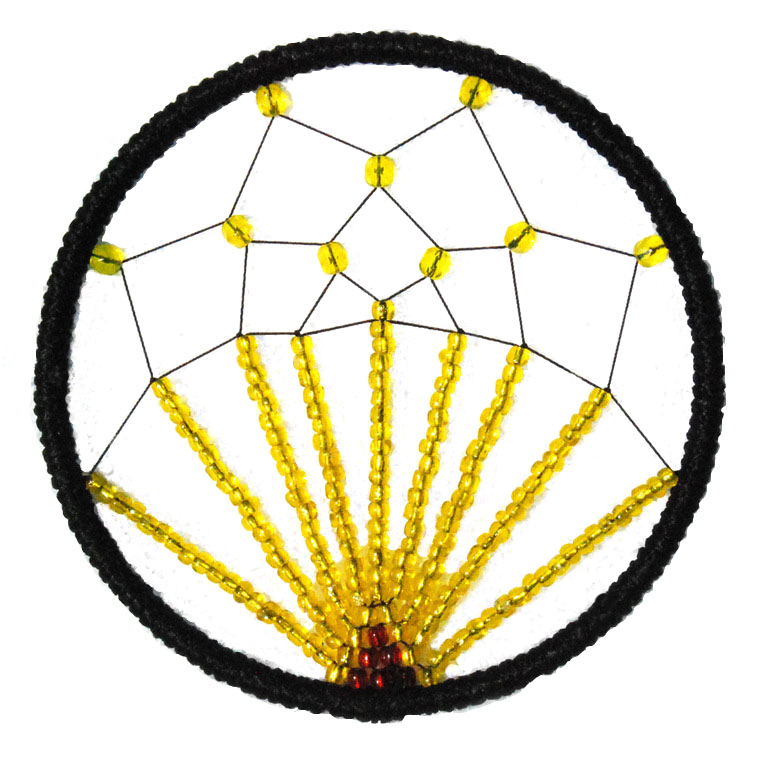 In the beginning the Spirit said:
In the beginning the Spirit said:
"From my fire and its warmth
Let all creation come flaring forth.
Let matter and energy converse
To weave the tale of the universe,
And through the course of time and space
I'll cherish all in my embrace."
The Birth of the Galaxies
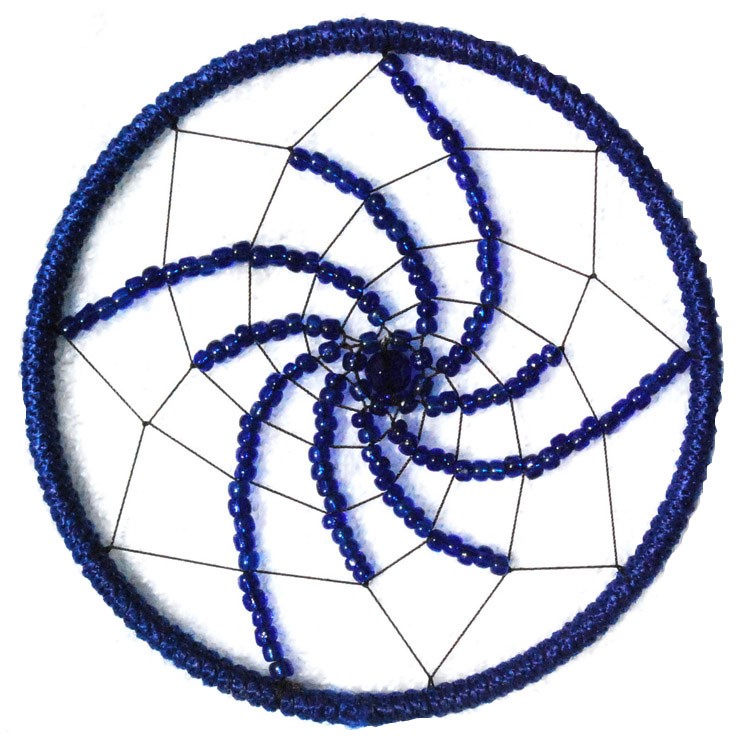 Then the Spirit said:
Then the Spirit said:
"Let the fire begin to dance
In cooling clouds of elements
Where the tug of gravity
Draws atoms into galaxies,
And hugs the stars till they ignite
To fill the darkness with their light."
The Birth of the Solar System
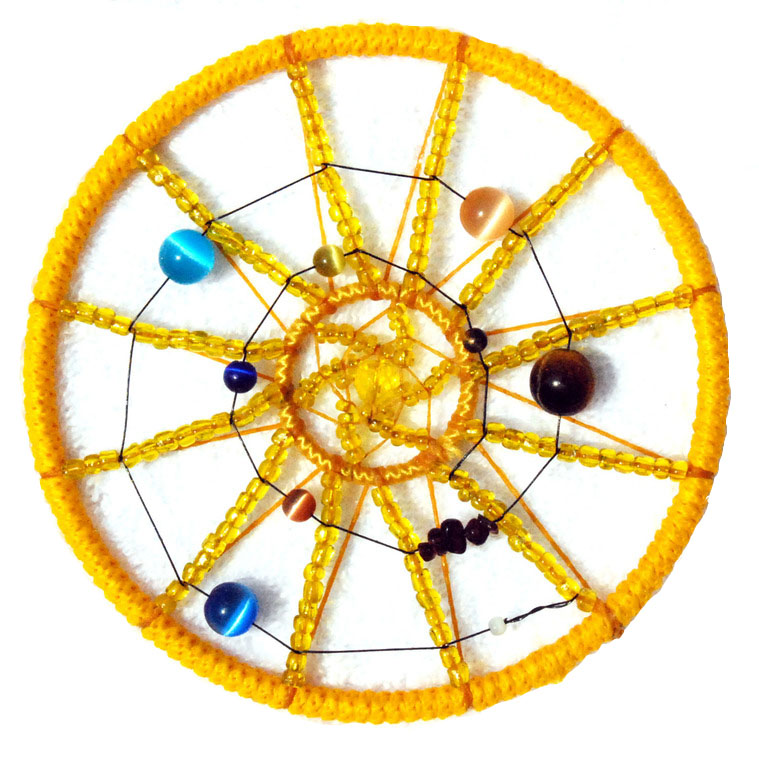 Then the Spirit said:
Then the Spirit said:
"Let stars blaze till they consume
The nuclear fire in their wombs,
And bursting forth as they collapse
Sow the elements in their grasp,
And from their dust let new stars grow
With moons and planets in their tow."
The Birth of the Earth
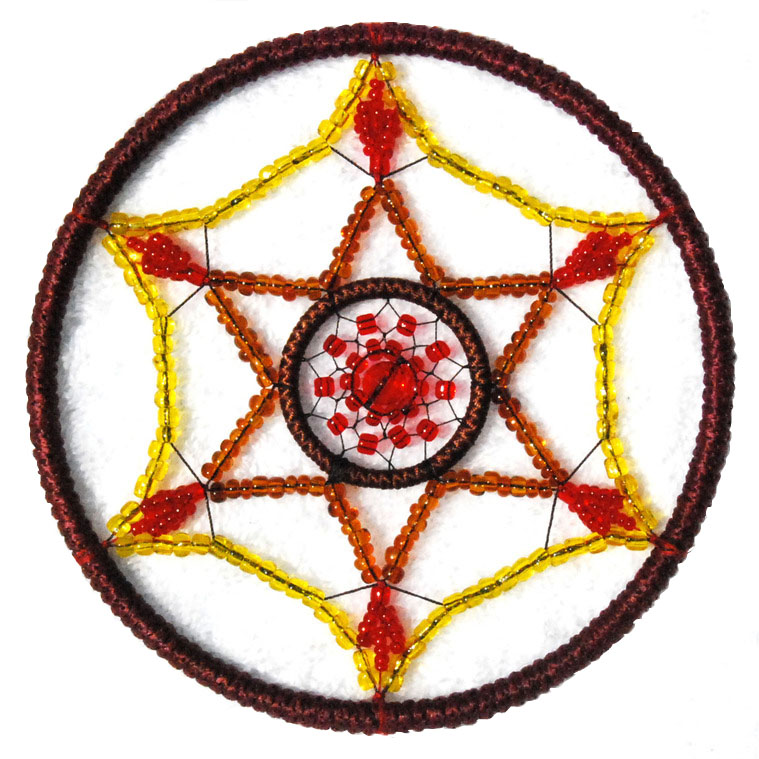 Then the Spirit said:
Then the Spirit said:
"Along with planets near and far
Let Earth take shape around its star.
While its crust solidifies,
Let molten rock throb inside,
Lifting the mountains, spreading the seas,
Molding and folding its geography."
The Birth of Life
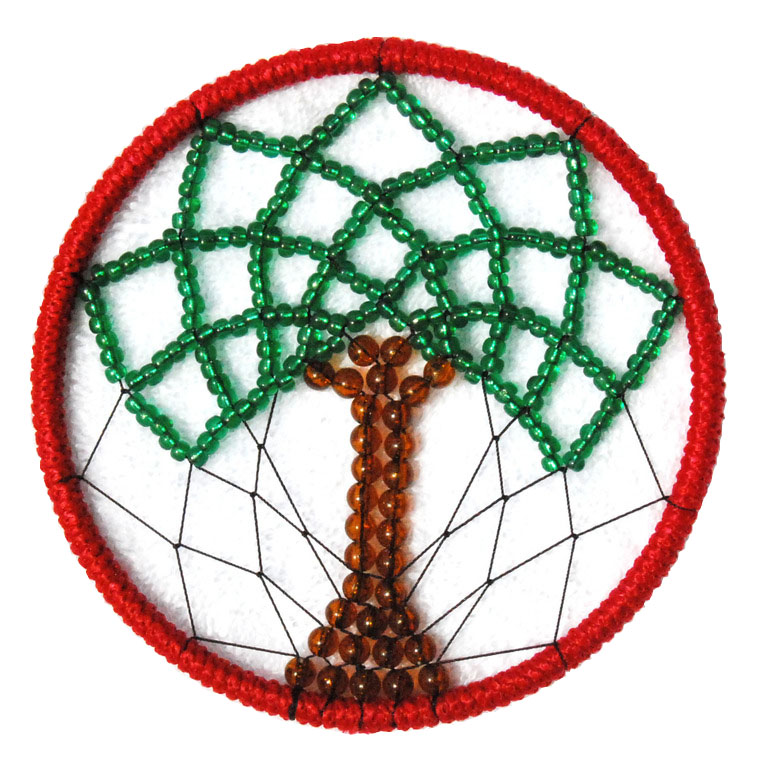 Then the Spirit said:
Then the Spirit said:
"Let heat and lightning stir the sea
To animate its chemistry,
And from that swirling pool of genes
Let Earth give birth to living beings,
Sprouting forth all kinds of things
With roots and legs, fins and wings."
The Birth of the Earth Community
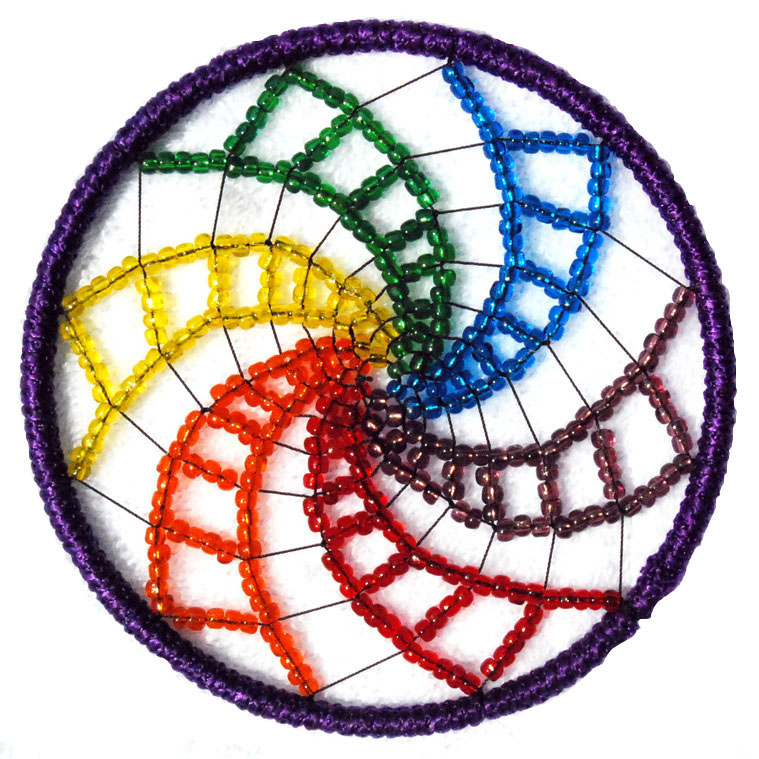 Then the Spirit Said:
Then the Spirit Said:
"From desert sand to mountain snow
Let habitats emerge and grow,
Where plants and beasts participate
In nature's rugged give and take
And every creature plays a role
In keeping Earth alive and whole."
The Birth of Humans
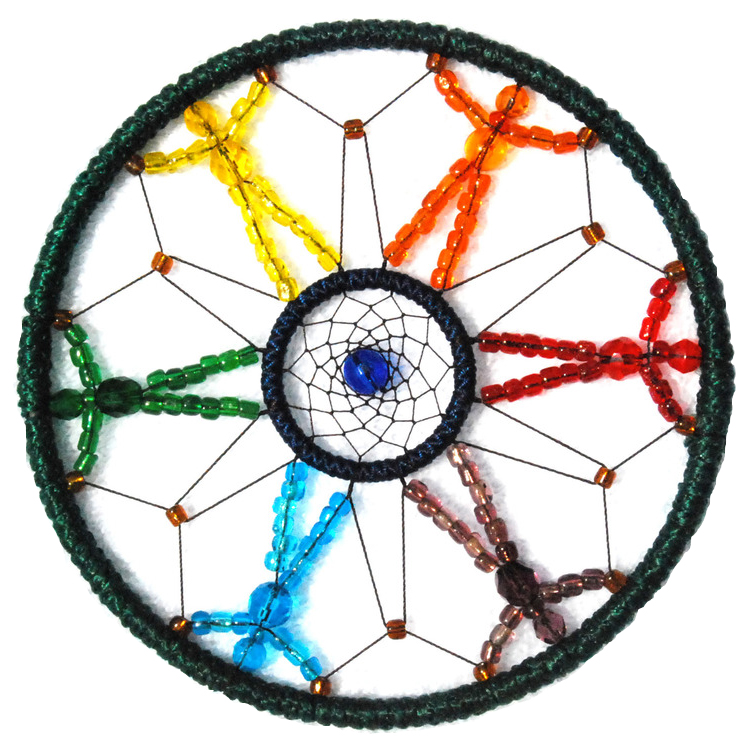 Then the Spirit said:
Then the Spirit said:
"Let the fire of nature's chorus,
Its raging storms and mighty forests,
Its pounding seas and soaring peaks,
Its blazing skies and teeming reefs,
Burn human hearts with its splendor
And forge their souls in awe and wonder."
The Birth of the Ecological Age
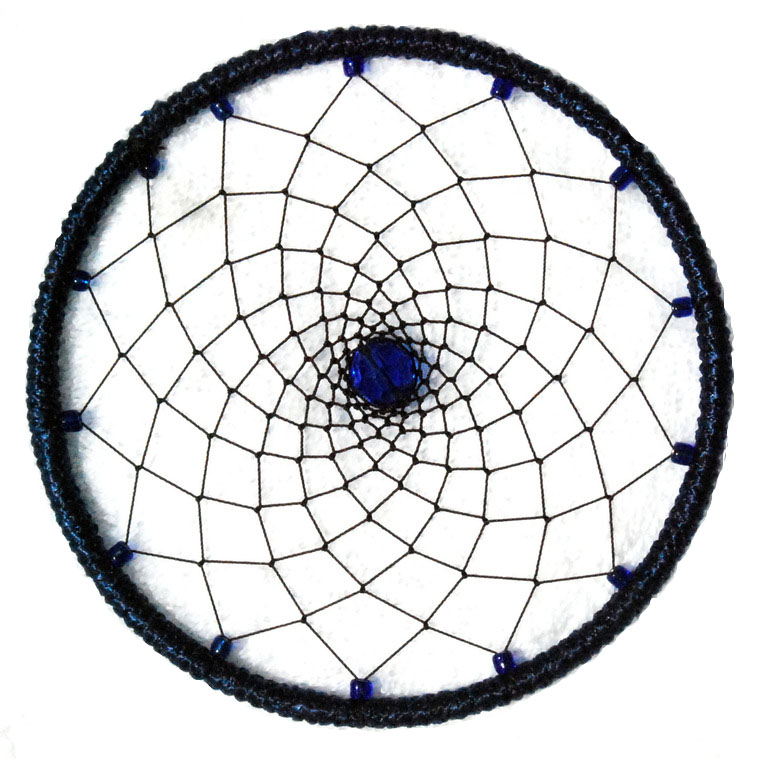 Then the Spirit said:
Then the Spirit said:
"Let life entwine the land and sea
In the web of its community.
Let its power move human hearts
To mend the world they've torn apart,
And sing with every leaf and stone
This is our Earth. This is our home."
The Birth of Your Story
 Then the Spirit Said:
Then the Spirit Said:
"The habitats that grace the Earth
Were there to hold you at your birth
And welcome you to the celebration
Of creation's transformation
From my fire that grew to be
A wondrous blue-green symphony."
The Impact of Meat Production on the Planet
By Fr. Seán McDonagh, SSC
The author is a Columban priest from Ireland. He is known around the world as an eco-theologian who is working to raise awareness on the connectedness between justice and peace issues, environmental sustainability and faith. He is currently the researcher for Justice, Peace and Integrity of Creation (JPIC) priorities of the Missionary Society of St. Columban.

Farming and food production are huge industries in today’s world. Since the beginning of the industrial revolution, the number of people directly involved in agriculture has been dropping in First World countries. Today in the United Kingdom, only 2 percent of the population are working on farms. Even so, figures from the Department of Environment, Food and Rural Affairs in 2014, estimated that the food and drinks manufacturing sector contributed £27 billion to the United Kingdom’s economy. Furthermore, 3.8 million people were employed in these industries (van der Zee, 2018).
Meat production has increased dramatically in recent years, as the consumption of meat has increased dramatically among middle class people, especially in Asia. That is why the global meat business is so enormous. In 2016, it was estimated that 317 million metric tonnes of meat were produced. It is difficult to put a cash value on all this trade, but the figures vary widely running from $90 billion and $741 billion (van der Zee, 2018).
What are some of the benefits of eating meat? Some claim that eating meat was an important step in human evolution, it enabled Homo sapiens to develop such a large brain.
But there are plenty of negative aspects with eating so much meat. People from an urban or city background might presume that meat is produced on mixed farms where the farmer is also involved in tillage, poultry and pig production. On such farms they imagine that cattle and fowl are free to roam around in the open. The reality of factory farming is very different. In the 20th century, the principles of the industrial revolution were applied to agriculture. The main goal is to minimise inputs and maximise profits. To achieve this, chickens, pigs and cattle are kept indoors and fed grain so that they will grow quickly and fatten in the right places. For example, in the 1920s, it took 112 days for a chicken to reach the market place. Today, that figure is down to 48 days. The weight has also changed dramatically. The chicken’s weight was 2.5 pounds. Today, it has increased dramatically to 6.2 pounds (van der Zee, 2018).
One of the major problems with industrial agriculture is the impact on our fresh water supplies. A study in 2013, found that farming accounted for 92 percent of our freshwater use and one-third of this was related to meat production. Now, global fresh water supplies are under enormous strain as reservoirs and aquifers disappear. A study in 2010, found that the water footprint for meat was high. For example, beef production used 8,762 litres of water per kg. Chicken production used 4.325 litres of water per kg (van der Zee, 2018).
The problems with water are not confined to how much water is used for growing the animals. Factory farmed animals contribute to water pollution in other ways, as well. Fertilisers and pesticides lead to an excess of nitrogen and phosphorus in the soil. Very often the excesses of nutrients and organic matter causes wide-spread eutrophication in rivers and lakes. There is also a growing pollution from drug residues, hormones and feed additives. Over the last few decades, the water quality of many rivers and water courses has been compromised. Pesticide pollution can kill plants and insects which are distant from the farming area. Neonicotinoid pesticides, which are nerve agents, have been shown to cause a wide range of harm to bees, such as damaging memory and reducing queen numbers. The Food and Agriculture Organization (FAO) estimates that 80 per cent of agricultural land is devoted to both grazing on lands and using land to grown crops exclusively for animals (van der Zee, 2018).
It is difficult to work out how much greenhouse gases are produced by the meat industry from farm to fork. According to the United Nations Intergovernmental Panel on Climate Change (IPCC), all the various sectors of agriculture accounts for 24 percent of greenhouse emissions globally. If you trawl through these figures and try to establish how much greenhouse gas emissions are due to the meat industry, it is not at all clear. According to Friends of the Earth’s Meat Atlas, depending on how things are measured, the figures run from 6 to 30 percent. If we are committed to reducing the impact of climate change, these figures need to drop substantially in the next decade.
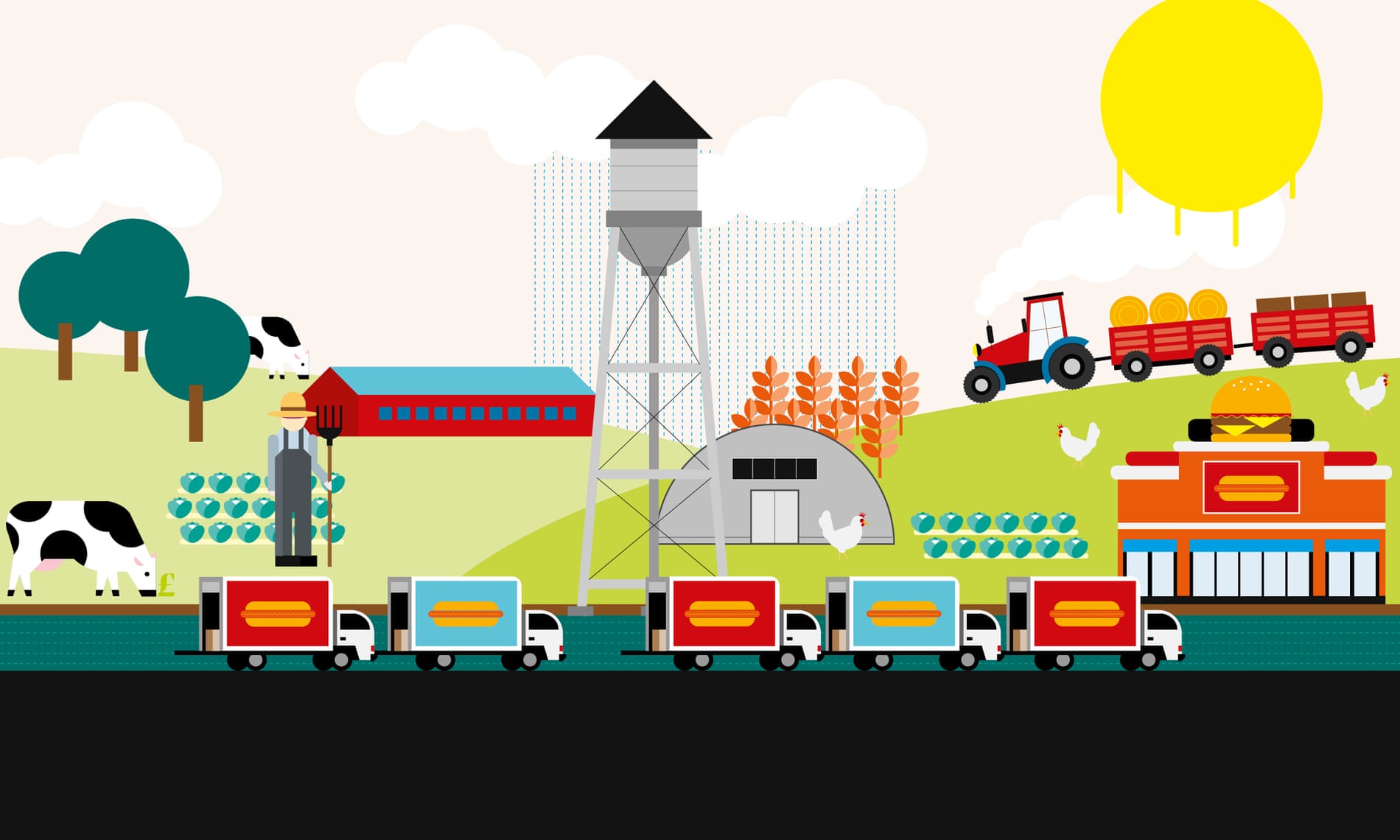
Source of information for the data in his article: “What is the true cost of meat?” by Bibi van der Zee, a research study published in The Guardian, May 7, 2018 issue
To Search Is To Find
When I was small, I used to pray the rosary with my family. But now that I am an adult, I don’t seem to appreciate it anymore, with its repetitive praying of the Hail Mary. I may sound skeptical, but why pray the Hail Mary much more than praying directly to God? What good will it make to me and to my faith? But I am still making rosary bracelets though.

“Marian devotion takes its origin and effectivity from Christ, finding its complete expression in Christ, and leading through Christ in the Spirit to the Father.
Mary, has by grace, been exalted above all angels and persons as the most holy Mother of God who was involved in the mysteries of Christ. Hence, the Church appropriately honors her with special reverence.
Vatican II clearly proclaims that Catholic do not worship or adore Mary. Rather, their devotion to Mary is “most favorable” for the supreme worship of God.” (Excerpts from Catechism for Filipino Catholics [CFC])
Catholics venerate Mary, which supposedly would bring us to a more intimate relationship with God through Jesus. The motto of the Children of Mary (COM) aptly says it, “To Jesus through Mary.”
If we ponder or meditate on the life of Mary, her role in our salvation history, we will see that through her, by her “Yes”, Jesus came into this world. Through her presence in Jesus’ life, the fulfillment of God’s plan came to be and through Mary’s intercession in Jesus’ life, miracles happened.
The Rosary, with both its prayers and mysteries of salvation, remains to be a popular devotion to Mary among the Filipinos. CFC states that by its nature, the Rosary calls for a quiet rhythm and a contemplative pace. Without such contemplation, the Rosary becomes a body without a soul, a mechanical repetition of formulae that makes us mumble words without meaning.
The constant repetition of the Hail Mary is a way to bring us into contemplation. Contemplation by itself awakens our inner senses and allows us to be open to the inner depths of our being where the Spirit of God dwells. If we contemplate on the mysteries of the rosary, we allow ourselves to be drawn into the life of Jesus and Mary and be transformed by it bringing us closer to God’s presence and reality.
On a more personal level, I prefer to meditate on the mysteries of the rosary, even if I finish only one mystery at one setting, rather than mumble through each bead just to finish praying it. Some would pray the rosary to put them to sleep. Some would pray if they sense danger. Whatever our reasons for saying the rosary, it is a devotion honoring Mary in her role in the history of our salvation, and by imitating her virtues we may become ever closer to God and to his people, especially in the works of justice, peace and care for all of God’s creation.
